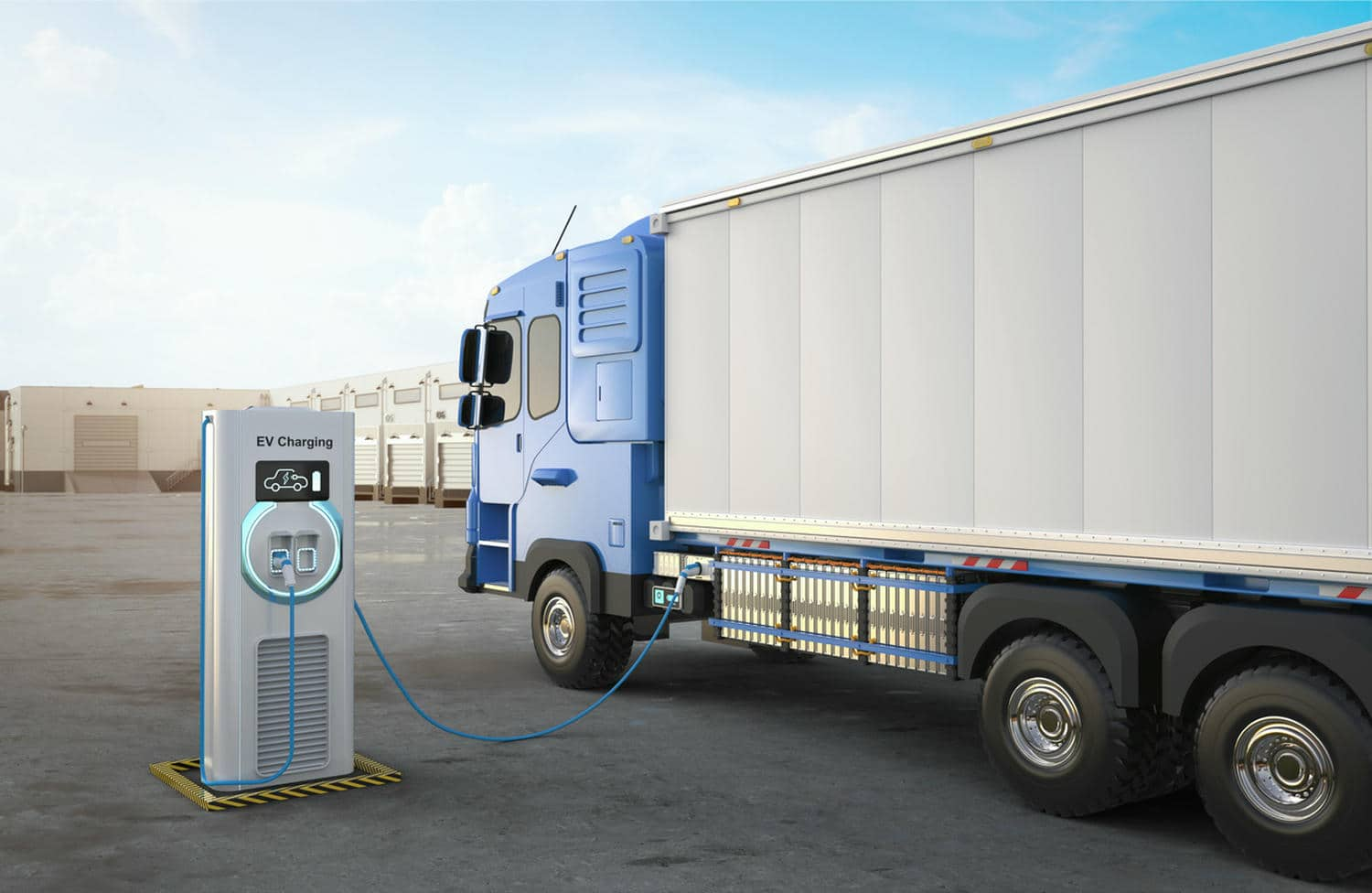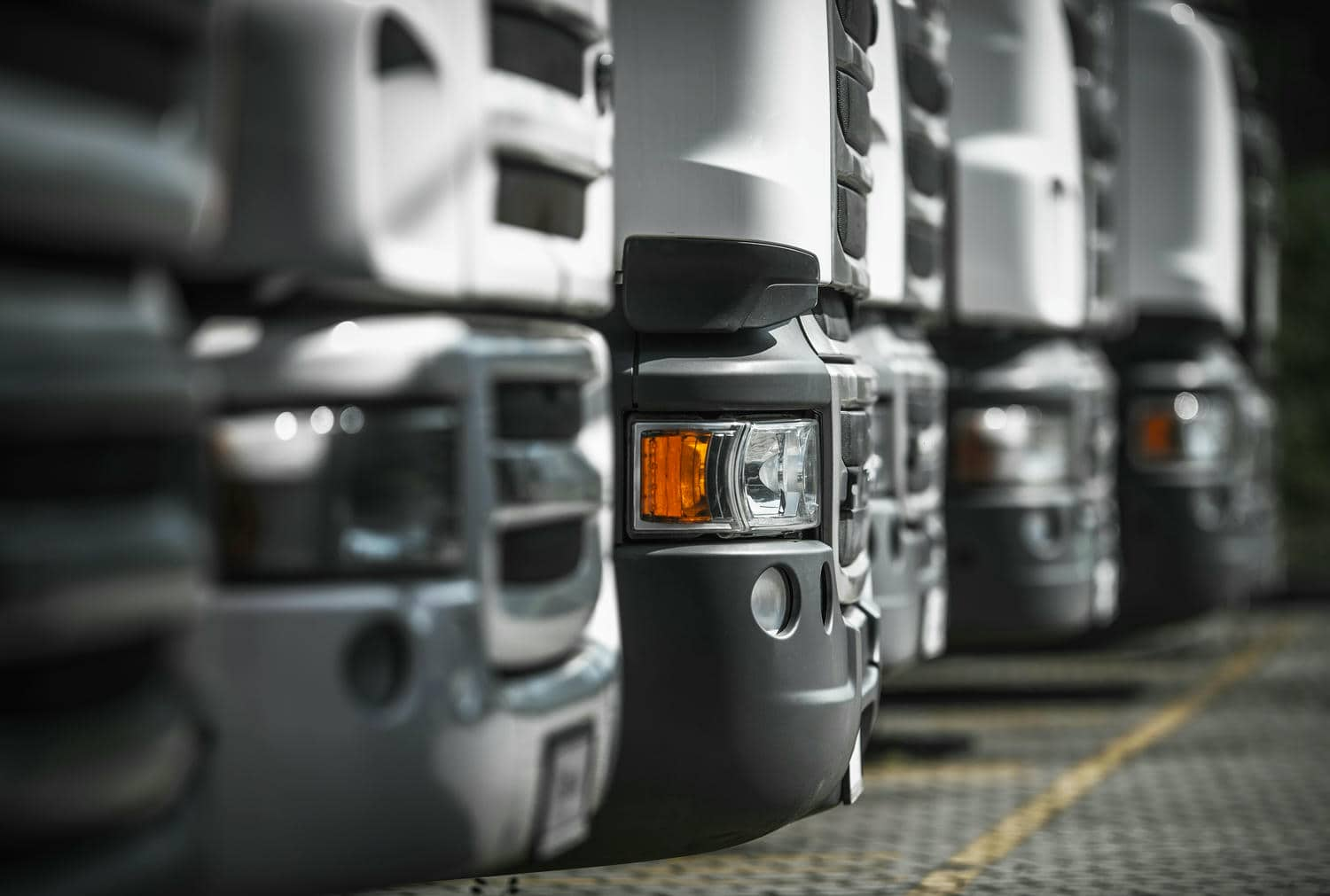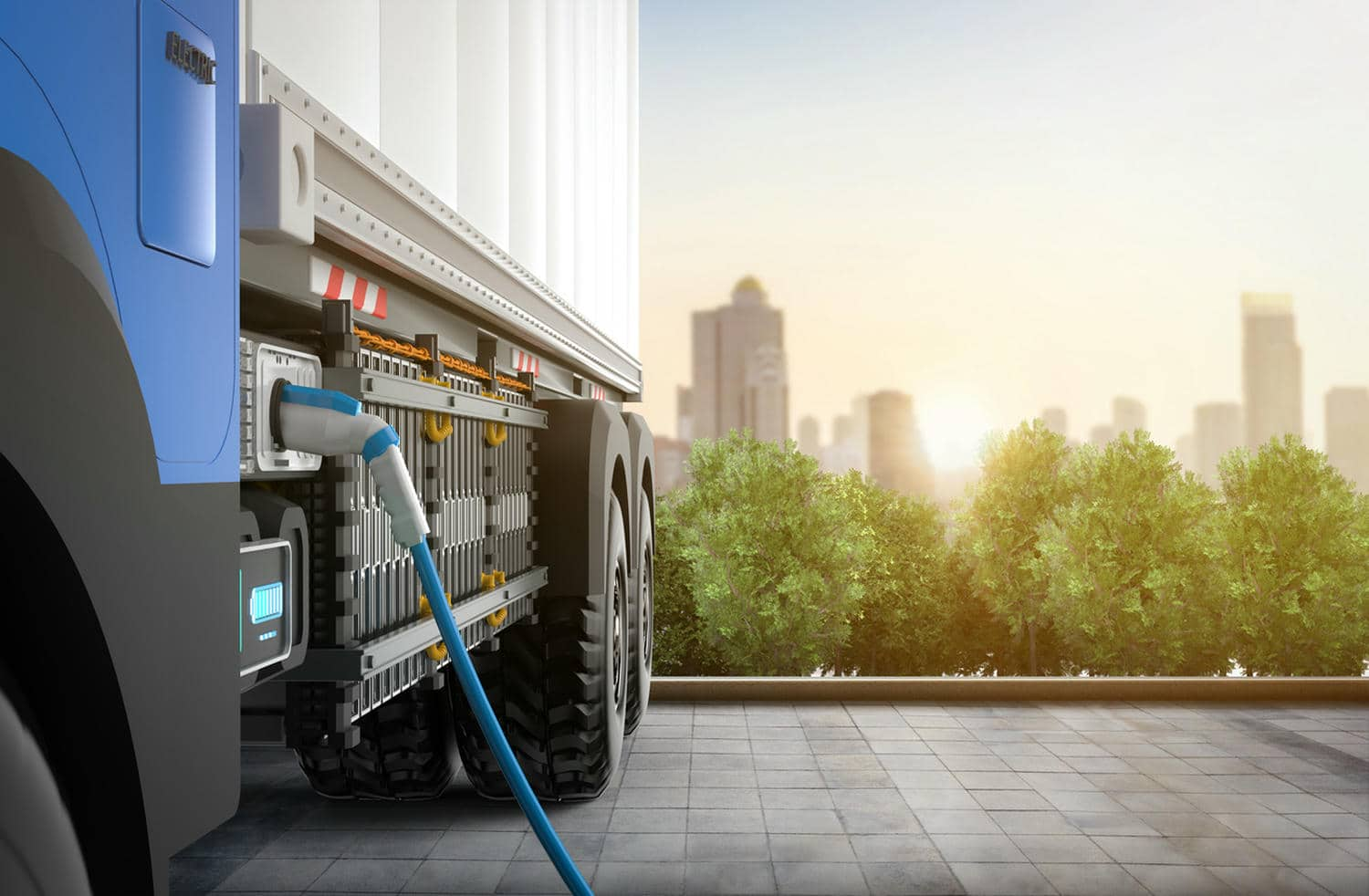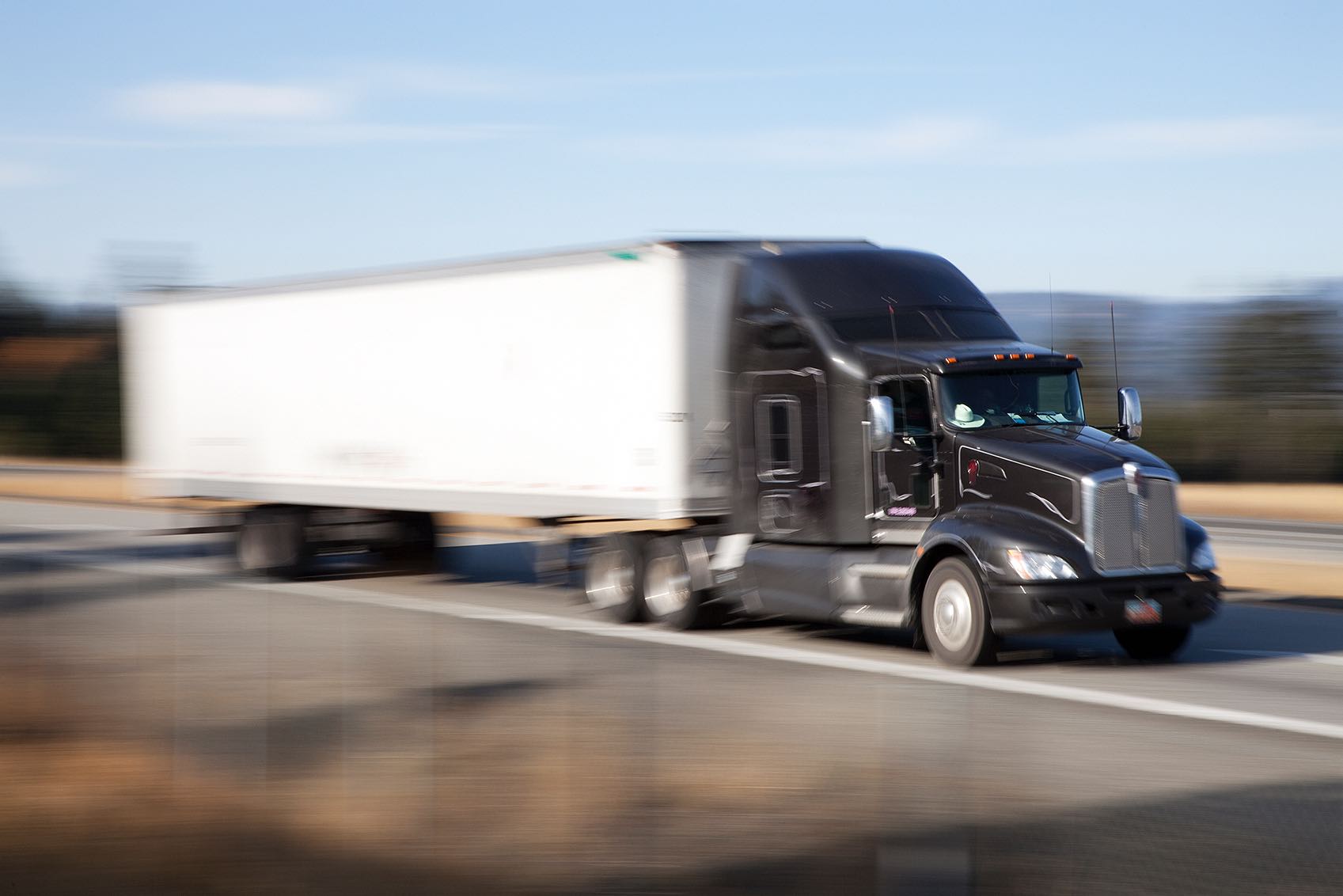The freight industry is undergoing a significant transformation as hybrid-electric trucks begin to emerge as a viable alternative to traditional diesel-powered vehicles. Hybrid technologies, which combine electric powertrains with internal combustion engines, offer a middle ground that balances cost and sustainability. While the technology remains relatively uncommon in the commercial vehicle segment, it’s quickly gaining traction as fleet operators search for ways to reduce costs and emissions.
Fleet operators are increasingly drawn to hybrid-electric trucks because they offer the best of both worlds: the efficiency of an electric powertrain with the long-range reliability of a diesel engine. Unlike fully electric models, hybrids can provide the necessary range without the anxiety that comes with the limited distance of electric-only trucks. Furthermore, they are seen as a solution that can reduce operational costs without sacrificing performance, making them a great middle solution for the freight sector.
Learn more about hybrid-electric trucks in U.S. freight industry by reading more below.

One of the key factors driving the adoption of hybrid-electric trucks is the potential for significant cost savings. While the initial investment for hybrid technology is typically higher than for traditional vehicles, the long-term savings on fuel and maintenance make it a worthwhile investment. According to Jeff Seger, a clean energy consultant for the North American Council for Freight Efficiency (NACFE), hybrid trucks offer a real economic benefit for fleet operators, as the total cost of ownership or payback period can be quite attractive when compared to traditional models.
The hybrid technology minimizes the need for frequent charging, which reduces infrastructure costs. Additionally, hybrid trucks are often more fuel-efficient, with studies indicating they can improve miles per gallon by as much as 67%, ultimately reducing fuel consumption and lowering operating expenses for freight companies.
Hybrid-electric trucks provide a substantial environmental benefit. By combining electric powertrains with traditional internal combustion engines, they cut greenhouse gas emissions by up to 70%. These reductions are critical as the industry faces increasing pressure to meet sustainability goals. For instance, Range Energy’s eTrailer system, which adds an electric-powered axle to trailers, helps cut emissions by about 70%, significantly lowering the carbon footprint of freight transportation.
With a growing emphasis on eco-friendly transportation, these hybrid-electric vehicles help companies meet regulatory requirements while reducing their environmental impact. For fleet operators aiming to balance performance with sustainability, hybrid-electric trucks represent a practical solution.
One of the primary challenges with fully electric trucks is the issue of range anxiety. Many fleet operators worry about the limited range of electric trucks, which makes them less ideal for long-distance hauls. Hybrid-electric trucks, however, offer a viable solution to this problem. They have a more flexible power source, allowing them to operate efficiently over longer distances without the need for frequent recharging.
As hybrid-electric trucks require far fewer battery materials than their fully electric counterparts, they mitigate the issues of weight and range that plague electric vehicles. This makes them a more attractive option for freight operators who need reliable vehicles capable of handling demanding transport needs without the risk of running out of battery power mid-trip.

One of the most innovative hybrid technologies in the freight industry is Range Energy’s eTrailer system. This system adds an electric-powered axle and a high-voltage battery to trailers, providing propulsion support for the tractor and enabling other systems, such as refrigeration and liftgates, to be powered by electricity. This hybrid system helps reduce fuel consumption and cuts emissions significantly.
With improvements in miles per gallon by approximately 67%, the eTrailer system allows fleet operators to save on fuel costs while achieving zero-emission refrigeration. The payback period for this technology is about five years, making it a financially attractive option for fleets looking to reduce their carbon footprint.
Eaton is another company making strides in hybrid technology for the freight industry. Their hybrid system, which combines an internal combustion engine with a heavy electric component, is being developed for military applications, but it is also seeing increasing use in the commercial sector. Eaton’s hybrid trucks offer emissions levels comparable to natural gas-powered vehicles while still using diesel fuel.
Eaton’s hybrid solutions are designed to balance the benefits of reduced emissions with the practicality of diesel power. They are especially suited for heavy-duty applications, where performance is critical. The company’s hybrid engines offer low emissions without the high costs associated with fully electric vehicles, positioning them as a practical choice for freight companies looking to go green without breaking the bank.
Harbinger Motors is another company focusing on hybrid technology for the U.S. freight industry, specifically targeting medium-duty trucks with heavy start-and-stop demands. Their electric medium-duty model, equipped with a gasoline-powered range extender, offers a range of up to 500 miles on a single charge. This hybrid solution is ideal for fleets that operate in urban environments or require frequent short-distance trips.
By focusing on specific market segments, such as car haulers and refuse vehicles, Harbinger is able to create tailored hybrid solutions that offer significant cost savings while reducing the environmental impact of freight operations. This targeted approach helps fleet operators make the most of hybrid technology, ensuring that their vehicles are not just eco-friendly, but also economically viable.

While hybrid-electric trucks offer many benefits, there are still several barriers to widespread adoption. The most significant challenge is the high upfront cost, which can make it difficult for fleet operators to justify the investment. Although hybrids offer long-term savings, the initial expense can be prohibitive, especially for smaller fleets.
Moreover, the complex technology behind hybrid systems requires specialized maintenance, which can also add to the cost of ownership. Until the payback periods become more favorable for fleet operators, hybrid-electric trucks may remain a niche solution rather than a mainstream one.
Government regulations play a crucial role in driving the adoption of hybrid and electric trucks. Many experts believe that policy changes will be essential for encouraging more fleets to switch to greener alternatives. If regulations continue to push for lower emissions and stricter environmental standards, fleet operators may be more inclined to invest in hybrid-electric trucks.
However, the pace of regulatory change will largely dictate how quickly hybrid-electric technology can gain traction in the U.S. freight industry. If policies evolve in favor of hybrids, the technology could become the new standard for commercial trucking in the coming years.
Despite the challenges, the future of Hybrid-Electric Trucks in U.S. Freight Industry looks promising. As technology improves and prices come down, more fleet operators will likely see the long-term value of hybrid solutions. Hybrid trucks provide a pathway toward greener freight transport without the extreme costs and limitations of fully electric vehicles.
The growth of hybrid technology will likely be driven by a combination of economic incentives, technological advancements, and regulatory requirements. With innovations like the eTrailer system and Eaton’s hybrid solutions leading the way, hybrid trucks are well-positioned to become a cornerstone of sustainable freight transportation in the U.S.

Hybrid-electric trucks are quickly emerging as a sustainable and cost-effective solution for the U.S. freight industry. Offering lower costs, reduced emissions, and the ability to alleviate range anxiety, hybrid trucks provide an ideal middle ground between traditional diesel-powered vehicles and fully electric models. As the industry continues to embrace these technologies, hybrid-electric trucks will play a vital role in transforming freight transport into a greener and more efficient sector.
Ship A Car, Inc. is a leading car shipping company that specializes in transporting all types of vehicles. Whether you need to ship a car across the country or require specialized equipment shipping, Ship A Car offers reliable, cost-effective, and professional services. Call (866) 821-4555 to speak with an experienced transport coordinator right now for the best possible shipping price.
- What are the advantages of hybrid-electric trucks over fully electric trucks in the freight industry?
Hybrid-electric trucks offer lower upfront costs, extended range, and reduced emissions compared to fully electric vehicles, making them more practical for long-distance freight transport. - How does Ship A Car, Inc. handle the transport of hybrid-electric vehicles?
Ship A Car, Inc. has extensive experience in transporting all types of vehicles, including hybrid-electric trucks. We ensure the safe and secure delivery of your hybrid vehicle using the most reliable carriers. - Can hybrid trucks help reduce my freight transportation costs?
Yes, hybrid trucks can significantly reduce fuel consumption and lower operating costs, making them a cost-effective option for fleet operators.



